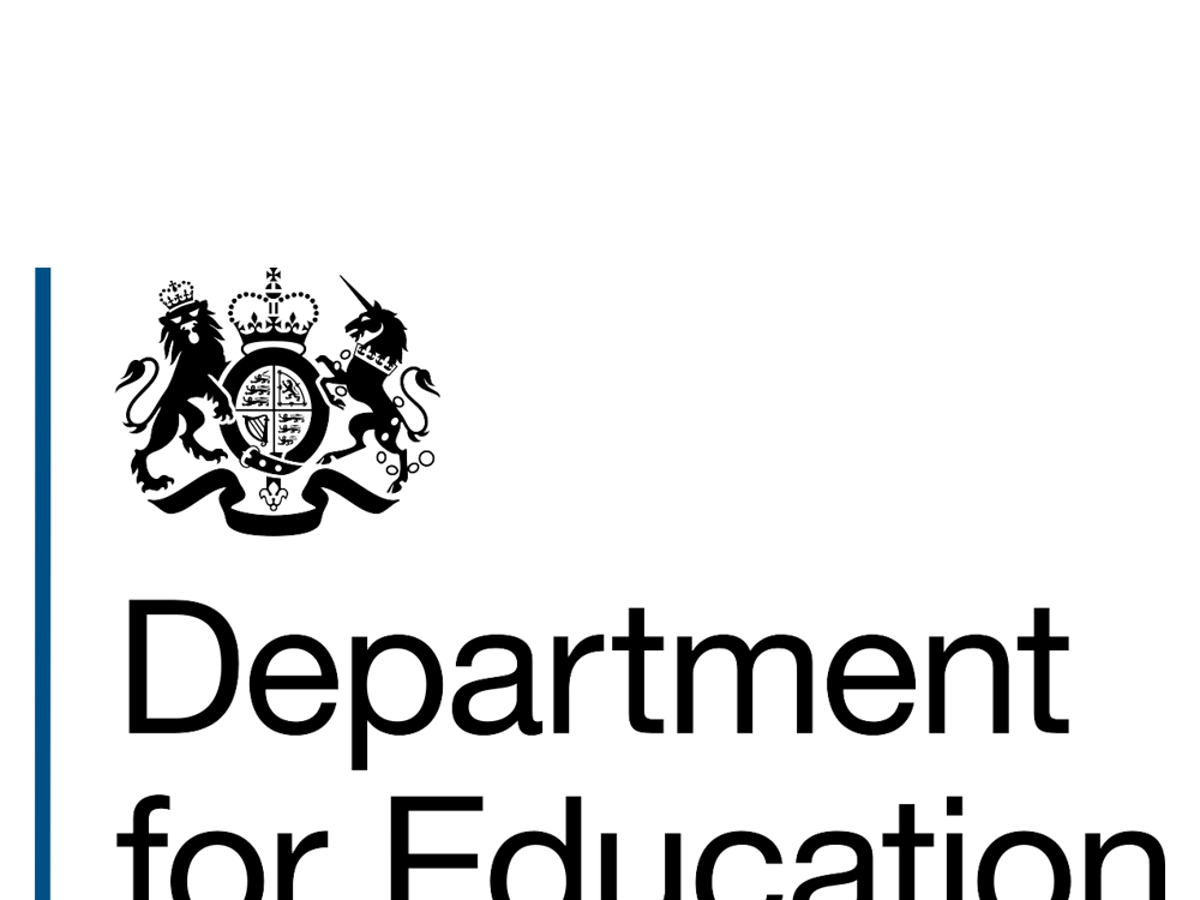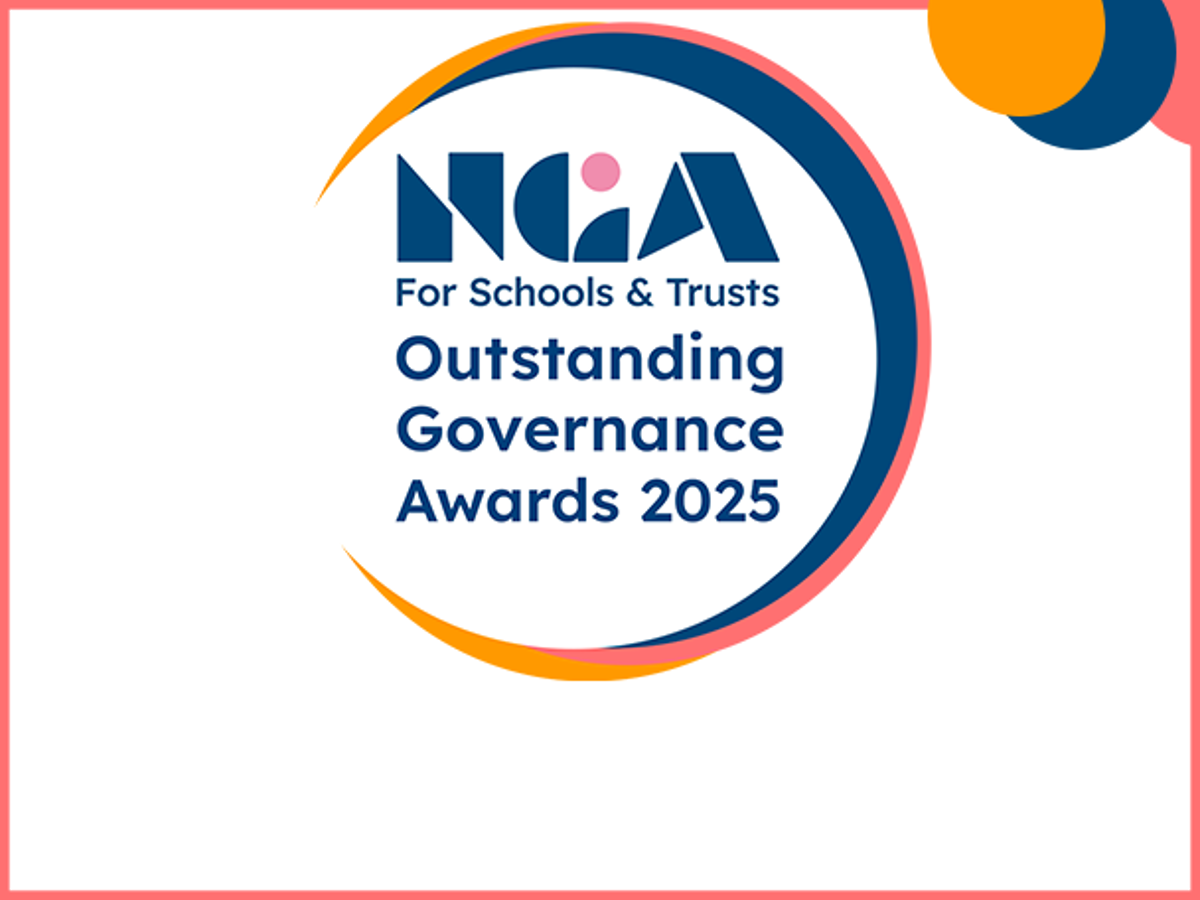Board reporting: you said, we did
Effective board reporting is essential for effective governance. The reports that headteachers, CEOs and other leaders provide to governing boards serve as a starting point for scrutiny and challenge.

Boards need enough information to understand what is going on in their organisation to be able to govern effectively, but many NGA members tell us that getting reporting right can be a real challenge. We’ve responded to that feedback, and last week published template reports and guidance for headteacher reports and trust board reports.
Our recent governance workload study revealed that lengthy and confusing reports are a drain on the board’s time as well as a barrier to good governance. There was much comment about the time needed to prepare properly for meetings, which was exacerbated by late or lengthy papers:
“Only receiving meeting materials the day or two before the meeting…often there are many documents that need to be reviewed, taking considerable time.”
The challenge is particularly acute for a trust board. Trustees are accountable for the running of a large organisation with multi-million pound turnover and, often, hundreds of employees. In a handful of meetings per year, they need to receive the right information to be able to govern these large, complex and dynamic institutions effectively without being overwhelmed.
The impact of good intentions
Reporting workload isn’t only an issue for governors and trustees. School and trust leaders’ wellbeing is at risk from a host of well-documented and increasing workload demands. With good intentions, headteachers and CEOs can get caught up writing every detail in comprehensive reports for the board that take lots of time and effort.
“Sometimes people will send [a lot] of paperwork and then will say ‘well I told you’. But if it was buried in paperwork, you haven’t conveyed yourself well at all.”
Unfortunately, the industry of report writing can be counter-productive and a tough habit to break; it’s all too easy to do things the way they’ve always been done. However, many boards and leaders recognise the need to make a change, not only to support workload and wellbeing but to strengthen governance.
Breaking the habit
The first step is to recognise that boards and leaders share responsibility for shaping a reporting system that works. Start with a conversation about what works well and where there may be opportunities to streamline. With a shared focus on improvement, many boards quickly find opportunities to make reporting more efficient and strengthen working relationships at the same time.
Our templates for headteacher reports and trust board reports provide clear examples and prompts to help you shape this discussion. The templates were shaped by our members – with particular thanks to our incredibly knowledgeable Governance Professionals Network who shared feedback and insights on their own practice.
Effective board reports spark critical thinking and encourage healthy debate, leading to better decision-making. Don’t let yours become a burden.

Michael Barton
Head of Advocacy and External Affairs
Michael specialises in trust governance, co-ordinating NGA's work with multi-academy trusts and producing tailored resources. He also leads NGA's work in the West Midlands, working closely with the region's trusts and local authorities.
Related content
-
Guidance
![Pupils-learning teaching secondary school class]()
-
Guidance
![people in meeting looking across each other at table]()
-
Guidance
![school-environment group of pupils out on a trip]()
-
Guidance
![Pupils-learning young pupils running out of their school gates]()
-
Guidance
![training three woman in discussion]()
-
Guidance
![people man and a woman talking in front of their laptop]()
-
Guidance
![training man cheerfully talking to a small group]() Updated: 13/09/2024School & trust leaders
Updated: 13/09/2024School & trust leadersExecutive leader performance management: guidance for governing boards
-
Tools & templates
![people woman looking into camera holding documents]()
-
Tools & templates
![training six people looking same direction]()
-
Tools & templates
![tools-resources spread and organised documents being checked over]()
-
Tools & templates
![training six people looking same direction]()
-
Tools & templates
![training group of five professionals sitting at a table with laptops]()
-
Guidance
![Pupils-learning pupil asking a question in class]()
-
Guidance
![Pupils-learning pupil writing at front of the class]()
-
Guidance
![Pupils-learning teaching secondary school class]()
-
Training & development
![Man pointing out something in meeting]() 01/01/0001Date and time tbc - Autumn termZoomSchool & trust leaders
01/01/0001Date and time tbc - Autumn termZoomSchool & trust leadersGovernance for MAT executive leaders - Autumn 2025
-
Training & development
![People talking in a meeting]() 01/01/0001Date and time tbc - Autumn termZoomSchool & trust leaders
01/01/0001Date and time tbc - Autumn termZoomSchool & trust leadersGovernance for academy leaders within MATs - Autumn 2025
-
Training & development
![people woman smiling into the camera in a classroom]() 01/01/0001Date and time tbc - Autumn termZoomSchool & trust leaders
01/01/0001Date and time tbc - Autumn termZoomSchool & trust leadersGovernance for SAT leaders - Autumn 2025
-
Training & development
![People having a conversation during a meeting]() 01/01/0001Date and time tbc - Autumn termZoomSchool & trust leaders
01/01/0001Date and time tbc - Autumn termZoomSchool & trust leadersGovernance for maintained school leaders - Autumn 2025
-
Training & development
![]() 05/11/202418:00-20:00ZoomSchool & trust leaders
05/11/202418:00-20:00ZoomSchool & trust leadersGood MAT governance: an introduction - Autumn 2024, cohort 1
-
Training & development
![]() 12/02/202518:00-20:00ZoomSchool & trust leaders
12/02/202518:00-20:00ZoomSchool & trust leadersGood MAT governance: an introduction - Spring 2025, cohort 1
-
Training & development
![]() 03/12/202418:00-20:00ZoomSchool & trust leaders
03/12/202418:00-20:00ZoomSchool & trust leadersLocal governance: setting the expectations - Autumn 2024 cohort 1
-
Training & development
![training woman on a video call with six others]()
-
Training & development
![training woman on a video call with six others]()
-
Training & development
![]() 14/01/202518:00-20:00ZoomSchool & trust leaders
14/01/202518:00-20:00ZoomSchool & trust leadersImproving the quality of education in your schools - Autumn 2024 cohort 1
-
Training & development
![]() 30/04/202518:00-20:00ZoomSchool & trust leaders
30/04/202518:00-20:00ZoomSchool & trust leadersHow trust boards work: meetings, challenge, relationships and decision making - Spring 2025 cohort 1
-
Training & development
![]() 21/05/202518:00-20:00ZoomSchool & trust leaders
21/05/202518:00-20:00ZoomSchool & trust leadersThe board in action: establishing the trust vision, culture and strategy - Spring 2025 cohort 1
-
Training & development
![]() 05/03/202518:00-20:00ZoomSchool & trust leaders
05/03/202518:00-20:00ZoomSchool & trust leadersLocal governance: setting the expectations - Spring 2025 cohort 1
-
Training & development
![]() 25/03/202518:00-20:00ZoomSchool & trust leaders
25/03/202518:00-20:00ZoomSchool & trust leadersThe board in action: financial governance and risk management - Autumn 2024 cohort 1
-
Training & development
![]() 20/05/202518:00-20:00ZoomSchool & trust leaders
20/05/202518:00-20:00ZoomSchool & trust leadersThe board in action: meeting compliance obligations and moving beyond - Autumn 2024 cohort 1
-
News
![]() Updated: 10/07/2025Latest updates
Updated: 10/07/2025Latest updatesAnnual Governance Survey 2025: School Finances and SEND System at Breaking Point
-
Governing Matters
![]()
-
News
![]() Updated: 22/05/2025Finance & resources
Updated: 22/05/2025Finance & resourcesTeacher Pay Award 2025 – A Mixed Picture as Budgets Stretched to Breaking Point
-
Webinar
![]() 20/05/202512:30 - 13:15Disadvantage: widening the lens
20/05/202512:30 - 13:15Disadvantage: widening the lensLet’s talk about attendance - who’s really accessing education?
-
Blog
![]()
-
News
![]() Updated: 17/12/2024Latest updates
Updated: 17/12/2024Latest updatesNGA Comments on the Publication of the Children’s Wellbeing and Schools Bill
-
Webinar
![]()
-
Webinar
![]() 13/11/2024Governing board roles
13/11/2024Governing board rolesAnnual Seminar: Governance for growth: Crafting accountability systems that drive ambition and sustainability
-
Events & networks
![]() 12/11/2024School & trust leaders
12/11/2024School & trust leadersAnnual Seminar: Architects of culture and excellence: How good governance cultivates an exceptional workplace
-
Events & networks
![]() 11/11/202412:30 - 13:30Strategic planning
11/11/202412:30 - 13:30Strategic planningAnnual Seminar 2024: Schools at the heart of society: Defining the role of schools in 2024 and beyond
-
Webinar
![]() 24/10/202412:30 - 13:15ZoomGoverning board roles
24/10/202412:30 - 13:15ZoomGoverning board rolesNavigating MAT Growth: Opportunities, Risks, and Strategic Decisions for Trust Boards
-
Webinar
![]()
-
Blog
![]()
-
News
![]()
-
Governing Matters
![]()
-
Events & networks
![Event]() 10/07/20259:45 - 18:00Birmingham Conference & Events Centre, B5 4EWLatest updates
10/07/20259:45 - 18:00Birmingham Conference & Events Centre, B5 4EWLatest updatesNational Governance Conference for Schools and Trusts 2025
-
Events & networks
![]() 10/07/20269:45 - 16:30Birmingham Conference & Events Centre, B5 4EWLatest updates
10/07/20269:45 - 16:30Birmingham Conference & Events Centre, B5 4EWLatest updatesNational Governance Conference for Schools and Trusts 2026
-
Events & networks
![]() 23/09/202516:30 - 18:00ZoomLatest updates
23/09/202516:30 - 18:00ZoomLatest updatesGovernance Leadership Forum: How are schools working together – and what’s getting in the way?
-
Events & networks
![]()
-
Events & networks
![]() 20/11/202510:00 - 15:45NEC, Marston Green, Birmingham, B40 1NTLatest updates
20/11/202510:00 - 15:45NEC, Marston Green, Birmingham, B40 1NTLatest updatesAnnual Conference and AGM
-
Events & networks
![]()
-
Events & networks
![]()
-
Events & networks
![Pupils-learning painting coloured circles]()
-
Events & networks
![]()
-
Events & networks
![]() 07/05/202516:30 - 18:00ZoomLatest updates
07/05/202516:30 - 18:00ZoomLatest updatesGovernance Leadership Forum: Three Strands of Leadership
-
Events & networks
![]()
-
Events & networks
![]()
-
Events & networks
![]()
-
Events & networks
![]()





















































